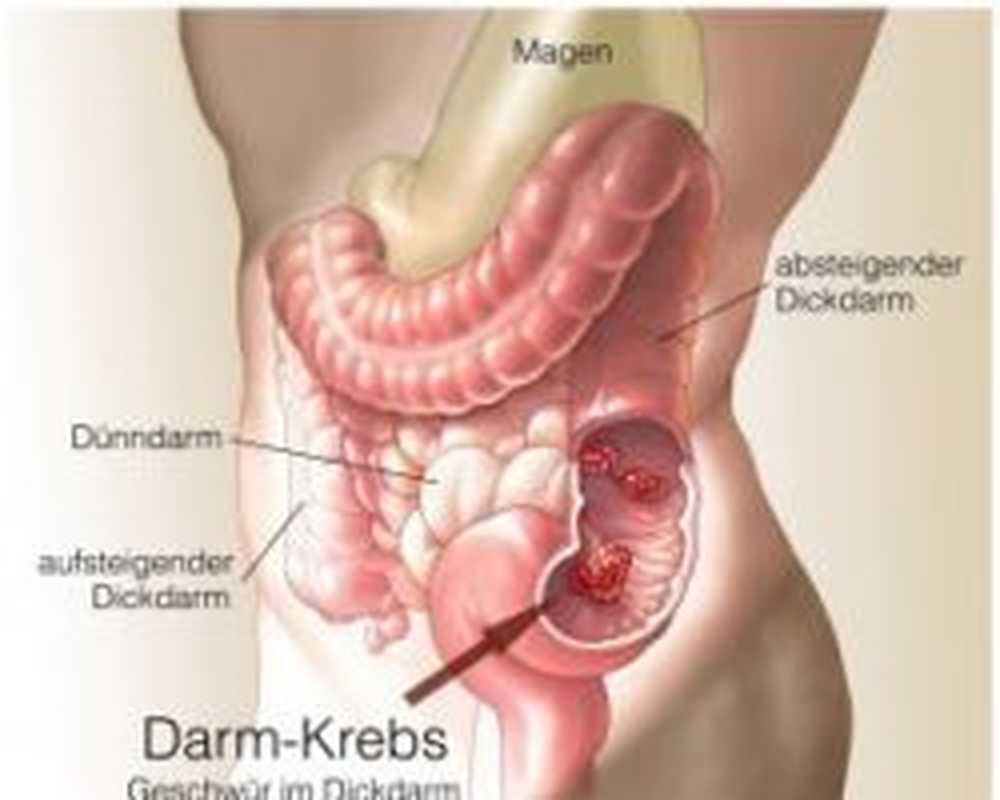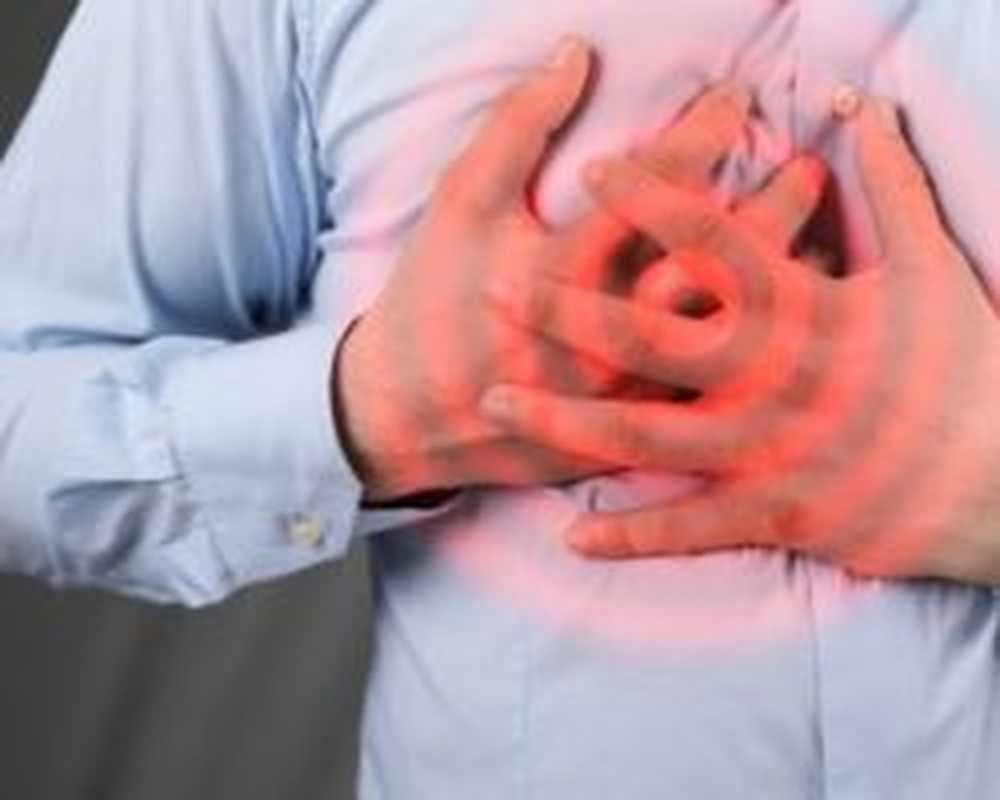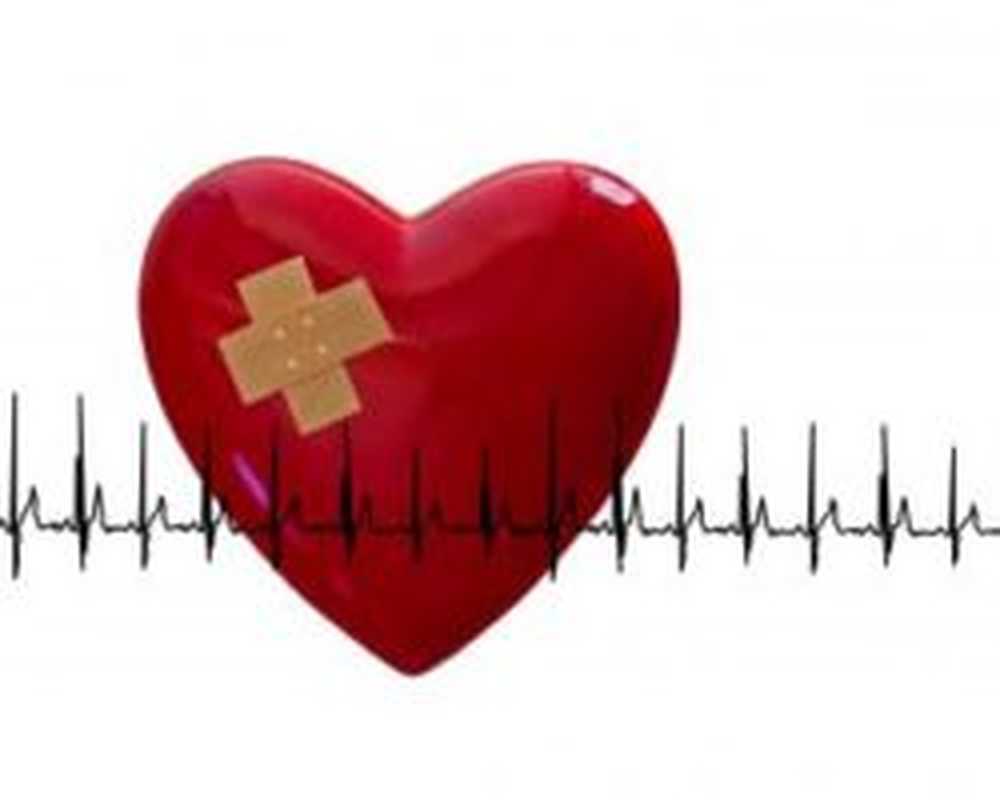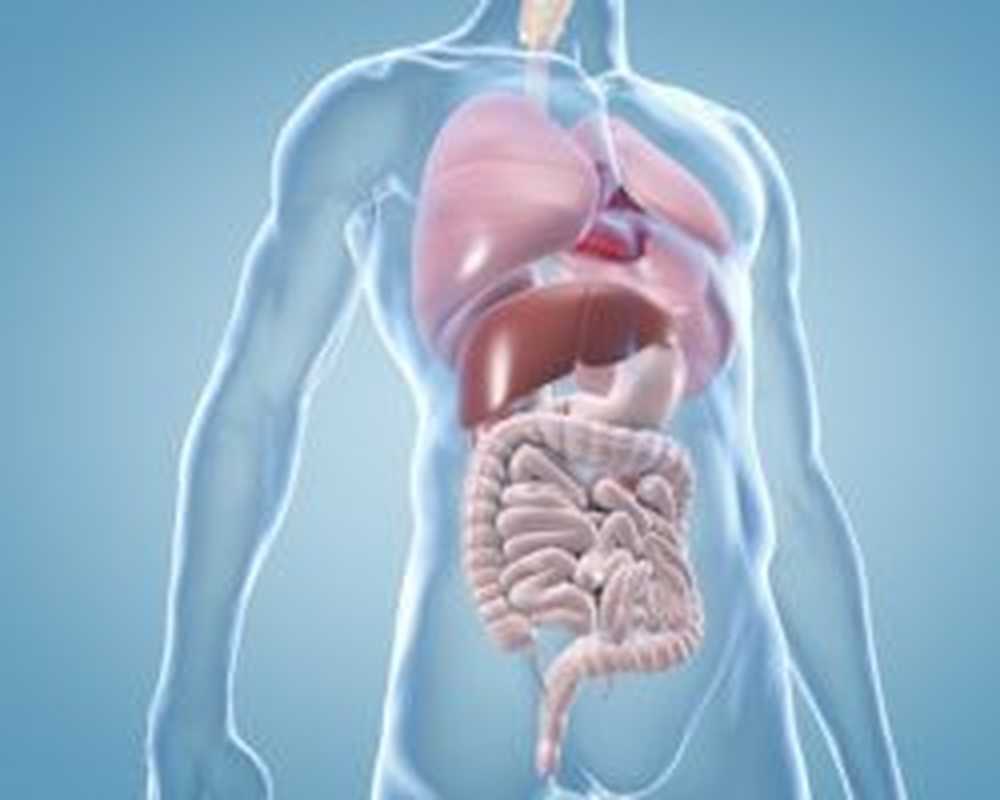Internal organs

The internal organs are predominantly all organs, which are not visible inside the body. With the exception of the sense organs and skin this applies to all other organs. Organs are specialized body parts that perform certain functions in the organism. For example, the organ stomach is specialized in storing, purging, disinfecting, enzymeizing and passaging porridge to the intestine in portions. The individual organs are interconnected in organ systems. Only the interaction allows a perfect functioning of the body.  Overly long television increases our colorectal cancer risk significantly How Television Affects the Risk of Colorectal Cancer Many people spend a large part of their free time sitting in front of the TV. Too little bew ... More 'data-url = "https://www.heilpraxisnet.de/naturheilpraxis/wer-zu-viel-zeit-vorm-fernseher-verbringt-erhoeht-das-risiko-fuer-darmkrebs-20190207439948" data-lang = " DE "data-theme =" color "data-orientation =" horizontal ">
Overly long television increases our colorectal cancer risk significantly How Television Affects the Risk of Colorectal Cancer Many people spend a large part of their free time sitting in front of the TV. Too little bew ... More 'data-url = "https://www.heilpraxisnet.de/naturheilpraxis/wer-zu-viel-zeit-vorm-fernseher-verbringt-erhoeht-das-risiko-fuer-darmkrebs-20190207439948" data-lang = " DE "data-theme =" color "data-orientation =" horizontal ">  Myocardial Infarction: New rapid test method for reliable infarct determination What can the 1-hour troponin test do? Myocardial infarction is still the leading cause of death in Germany. About 49,000 people die every year here ... More 'data-url = "https://www.heilpraxisnet.de/naturheilpraxis/herzinfarkt-this-neue-schnelltestverfahren-zur-verlaesslichen-infarkt.feststellung-20190201439072" data-lang = "de" data-theme = "color "data-orientation =" horizontal ">
Myocardial Infarction: New rapid test method for reliable infarct determination What can the 1-hour troponin test do? Myocardial infarction is still the leading cause of death in Germany. About 49,000 people die every year here ... More 'data-url = "https://www.heilpraxisnet.de/naturheilpraxis/herzinfarkt-this-neue-schnelltestverfahren-zur-verlaesslichen-infarkt.feststellung-20190201439072" data-lang = "de" data-theme = "color "data-orientation =" horizontal ">  German Heart Report: Heart disease is on the rise - but the mortality rates New report on Germany's cause of death number 1 The German Heart Report documents current trends and trends on the subject of heart disease. Wei ... More 'data-url = "https://www.heilpraxisnet.de/?post_type=post&p=439944" data-lang = "DE" data-theme = "color" data-orientation = "horizontal">
German Heart Report: Heart disease is on the rise - but the mortality rates New report on Germany's cause of death number 1 The German Heart Report documents current trends and trends on the subject of heart disease. Wei ... More 'data-url = "https://www.heilpraxisnet.de/?post_type=post&p=439944" data-lang = "DE" data-theme = "color" data-orientation = "horizontal">  Internal organs The internal organs are predominantly all organs, which are not visible inside the body. With the exception of the sensory organs and skin this applies to all other ... More 'data-url = "https://www.heilpraxisnet.de/innere-organe" data-lang = "DE" data-theme = "color" data-orientation = "horizontal">
Internal organs The internal organs are predominantly all organs, which are not visible inside the body. With the exception of the sensory organs and skin this applies to all other ... More 'data-url = "https://www.heilpraxisnet.de/innere-organe" data-lang = "DE" data-theme = "color" data-orientation = "horizontal">
The most important internal organs of humans include:
- the pancreas,
- the bubble,
- the blood and the blood vessels,
- the intestinal tract,
- the gallbladder,
- the brain,
- the heart,
- the liver,
- the lung,
- the stomach,
- the spleen,
- the muscles,
- the kidneys,
- thyroid,
- the skeleton,
- the diaphragm.
By analogy, however, the term internal organs is often used only for the organs that are located in the chest and abdominal area.
(Vb)
Internal organs
 Overly long television increases our colorectal cancer risk significantly How Television Affects the Risk of Colorectal Cancer Many people spend a large part of their free time sitting in front of the TV. Too little bew ... More 'data-url = "https://www.heilpraxisnet.de/naturheilpraxis/wer-zu-viel-zeit-vorm-fernseher-verbringt-erhoeht-das-risiko-fuer-darmkrebs-20190207439948" data-lang = " DE "data-theme =" color "data-orientation =" horizontal ">
Overly long television increases our colorectal cancer risk significantly How Television Affects the Risk of Colorectal Cancer Many people spend a large part of their free time sitting in front of the TV. Too little bew ... More 'data-url = "https://www.heilpraxisnet.de/naturheilpraxis/wer-zu-viel-zeit-vorm-fernseher-verbringt-erhoeht-das-risiko-fuer-darmkrebs-20190207439948" data-lang = " DE "data-theme =" color "data-orientation =" horizontal ">  Myocardial Infarction: New rapid test method for reliable infarct determination What can the 1-hour troponin test do? Myocardial infarction is still the leading cause of death in Germany. About 49,000 people die every year here ... More 'data-url = "https://www.heilpraxisnet.de/naturheilpraxis/herzinfarkt-this-neue-schnelltestverfahren-zur-verlaesslichen-infarkt.feststellung-20190201439072" data-lang = "de" data-theme = "color "data-orientation =" horizontal ">
Myocardial Infarction: New rapid test method for reliable infarct determination What can the 1-hour troponin test do? Myocardial infarction is still the leading cause of death in Germany. About 49,000 people die every year here ... More 'data-url = "https://www.heilpraxisnet.de/naturheilpraxis/herzinfarkt-this-neue-schnelltestverfahren-zur-verlaesslichen-infarkt.feststellung-20190201439072" data-lang = "de" data-theme = "color "data-orientation =" horizontal ">  German Heart Report: Heart disease is on the rise - but the mortality rates New report on Germany's cause of death number 1 The German Heart Report documents current trends and trends on the subject of heart disease. Wei ... More 'data-url = "https://www.heilpraxisnet.de/?post_type=post&p=439944" data-lang = "DE" data-theme = "color" data-orientation = "horizontal">
German Heart Report: Heart disease is on the rise - but the mortality rates New report on Germany's cause of death number 1 The German Heart Report documents current trends and trends on the subject of heart disease. Wei ... More 'data-url = "https://www.heilpraxisnet.de/?post_type=post&p=439944" data-lang = "DE" data-theme = "color" data-orientation = "horizontal">  Internal organs The internal organs are predominantly all organs, which are not visible inside the body. With the exception of the sensory organs and skin this applies to all other ... More 'data-url = "https://www.heilpraxisnet.de/innere-organe" data-lang = "DE" data-theme = "color" data-orientation = "horizontal">
Internal organs The internal organs are predominantly all organs, which are not visible inside the body. With the exception of the sensory organs and skin this applies to all other ... More 'data-url = "https://www.heilpraxisnet.de/innere-organe" data-lang = "DE" data-theme = "color" data-orientation = "horizontal">


